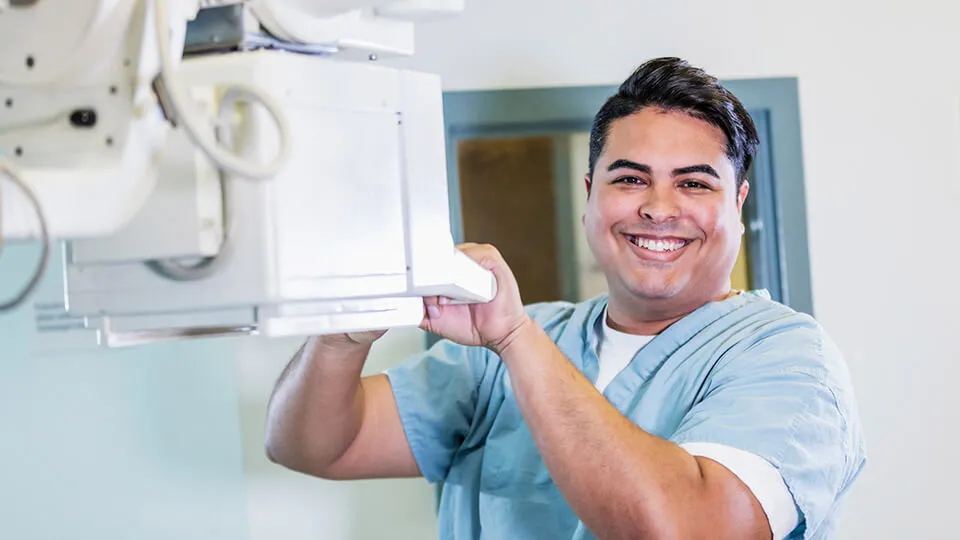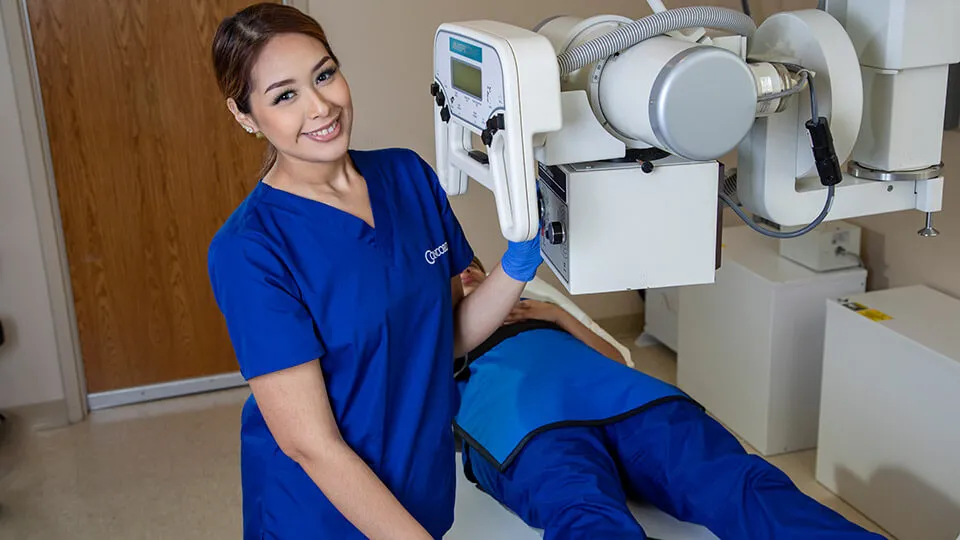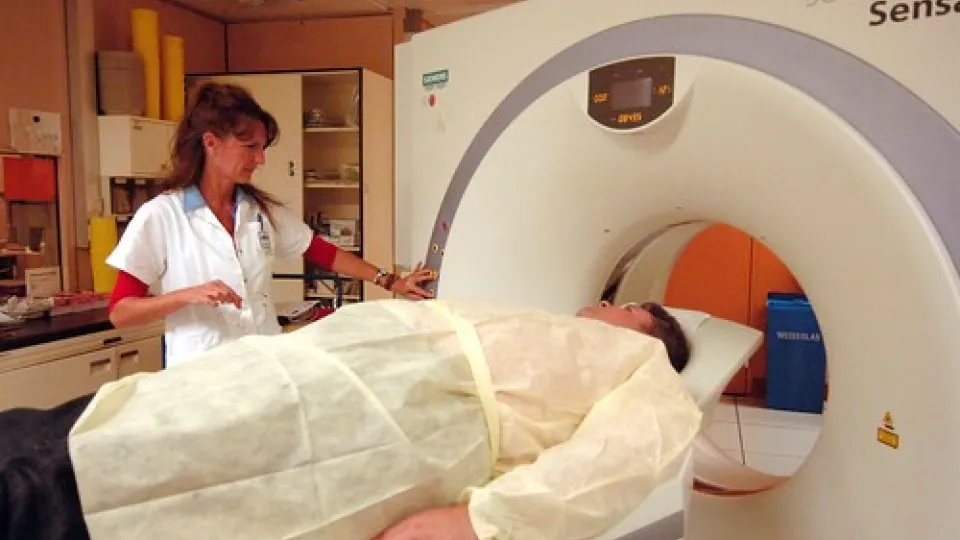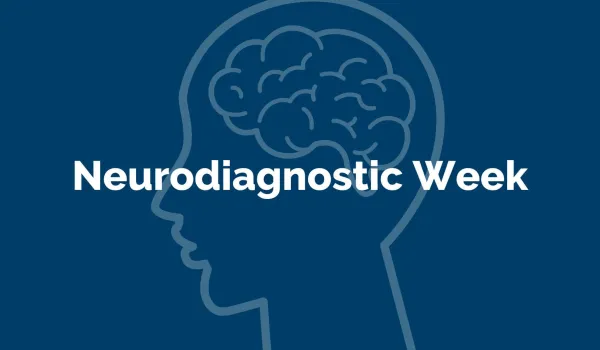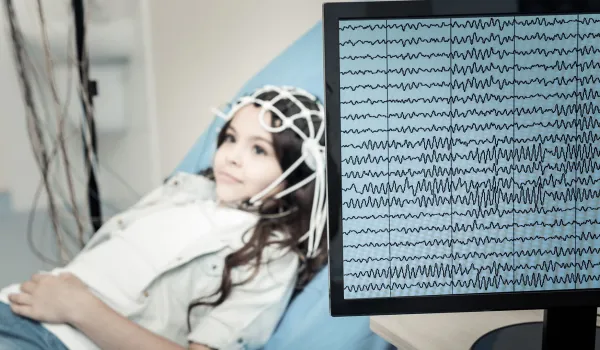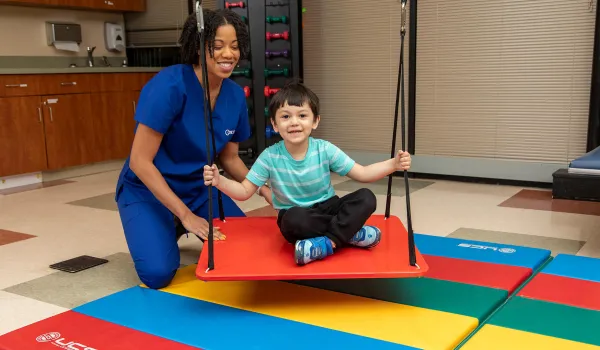Concorde Staff

Radiologic Technology is a wonderful profession in and of itself for those wanting a career in health care but perhaps not wanting to get your hands dirty in the "nitty gritty" of patient care. You spend much of your time performing diagnostic imaging exams as opposed to much of the hands-on dealing in the acute side of patient care.
The real beauty of the profession, though, is that there are many avenues and opportunities for advancement once you become a Licensed Radiologic Technologist.
"The word advancement to me means moving from the level of a staff radiographer to a supervisory level and/or possibly further advancement to the administration level," said Jennifer Daniels, BSRS, RT (R)(CT), Director of Concorde Radiologic Technology Programs in Tennessee. "Besides leadership roles, technologists can be employed in the educational setting as well as work in quality management positions."
Learning other modalities in radiologic technology
According to Daniels, many technologists choose to learn other modalities to make their resume more appealing to a multitude of employers.
"But, learning another modality is not necessarily advancing up the career ladder," Daniels said. "Radiologic Technologists who do this are simply acquiring another area of specialty, and this type of movement usually requires an advanced degree."
Daniels said Radiologic Technologists can train in different modalities such as computed tomography (CT), magnetic resonance imaging (MRI), mammography and bone density without the requirement of continued classroom education. However, they can also go back to school for supplemental degrees in other areas such as ultrasound, nuclear medicine, radiation therapy, dosimetry, or radiologic assistant (RA).
Becoming a radiologic assistant
Radiologist assistants have a leading role in patient management and assessment. They advocate for quality patient care, perform selected examinations under the supervision of a staff radiologist and sometimes conduct the initial evaluation of images before forwarding them to the radiologist for final interpretation.
Some radiographers go on to instruct and teach in radiologic technology schools, in a hospital-based setting or at a community college or university. With experience, Radiologic Technologists also can advance to supervisory positions, such as chief technologist, department administrator or director. A master's degree in business or health administration might be required for a director's position.
Whatever the case, opportunities for career growth are abundant in Radiologic Technology.
"I believe it is vital for technologists to begin thinking about the future of their career as early as possible so they are able to pursue all available avenues that this versatile occupation can provide," Daniels said.
Interested In How To Become a Radiology Tech?
Click here to explore Radiology Tech Programs near you!
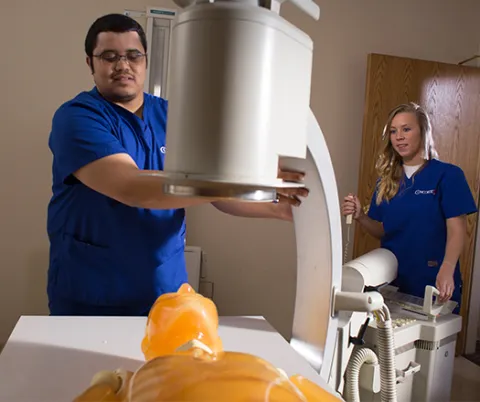
Next Steps?
Interested in learning more about our Radiologic Technology program? We have a Concorde representative ready to talk about what matters most to you. Get answers about start dates, curriculum, financial aid, scholarships and more!
